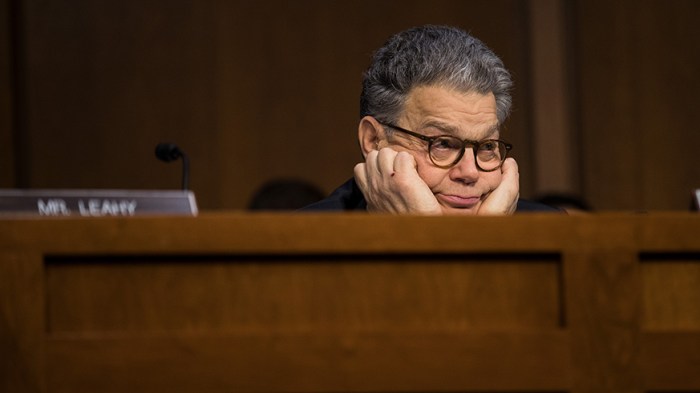Education Secretary Betsy DeVos recently rescinded Obama administration guidelines detailing how colleges should respond to campus sexual assaults, leaving advocates concerned about what’s next.
The move was not a total surprise, said Stephanie DeCandia, director of programs at the Boston Area Rape Crisis Center (BARCC), but the announcement cancelling out 2011 and 2014 Obama-era documents and adding interim guidelines has left her and her co-workers disappointed.
“It really feels to us like we’re going back to a time when there was a lot of chaos and confusion, and when the mandates that were really inherent in Title IX were not being followed by schools,” she said.
Title IX prohibits sex discrimination in educational institutions and covers sexual harassment and assault, which DeCandia said is “something that unfortunately we know that many students experience in many different ways.”
“Title IX provides some protections around making sure that schools respond promptly and appropriately and that students are able to continue to fully engage in their education,” she said. “What the [Obama-era] guidance did was really make sure that schools understood what those obligations should look like.”
Prior to the guidance, DeCandia said schools often didn’t have a Title IX coordinator, students didn’t know their own school’s policies and investigations could drag out for months or years, sometimes until the survivor or the student who was being investigated had graduated.
DeVos put in place interim guidance that sets “no fixed time frame” for schools to complete an investigation and leaves the evidence standard up to the school.
To DeCandia, individualized responses to sexual harassment cases could be dangerous.
“I think on the surface that sounds great,” she said, “but what we know often happens is that means people’s own personal bias may come in, or campus resources may make what we believe to be an appropriate response challenging. Now, there’s no longer any real standards around what that response will look like.”
BARCC works with more than 40 local schools, many of which have said they will continue to enforce the Obama-era guidelines during this interim period – but since these are just interim guidelines, new ones are expected that may prevent schools from continuing that current work.
Harvard has said it doesn’t plan to change its Title IX standards, but should new requirements “come down,” Deputy Provost Peggy E. Newell previously told the Harvard Crimson, the school will “obviously comply” with federal policy.
For now, it’s a waiting game to see what that new policy may be.
“There is a general concern about what this will eventually look like and how it may impact schools’ ability to respond the way they want to under Title IX,” DeCandia said. “If it’s no longer either/or … then we end up with guidance that will feel very much like it will make it difficult for student survivors to report, feel safe reporting and have the response they deserve to have.”



















